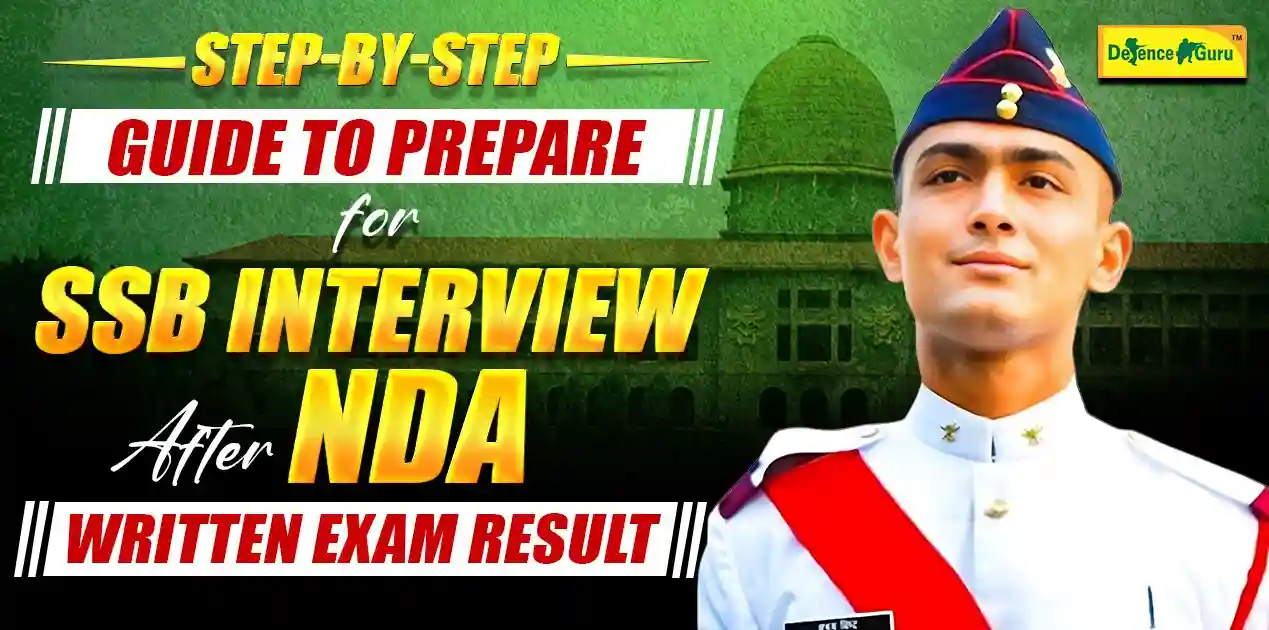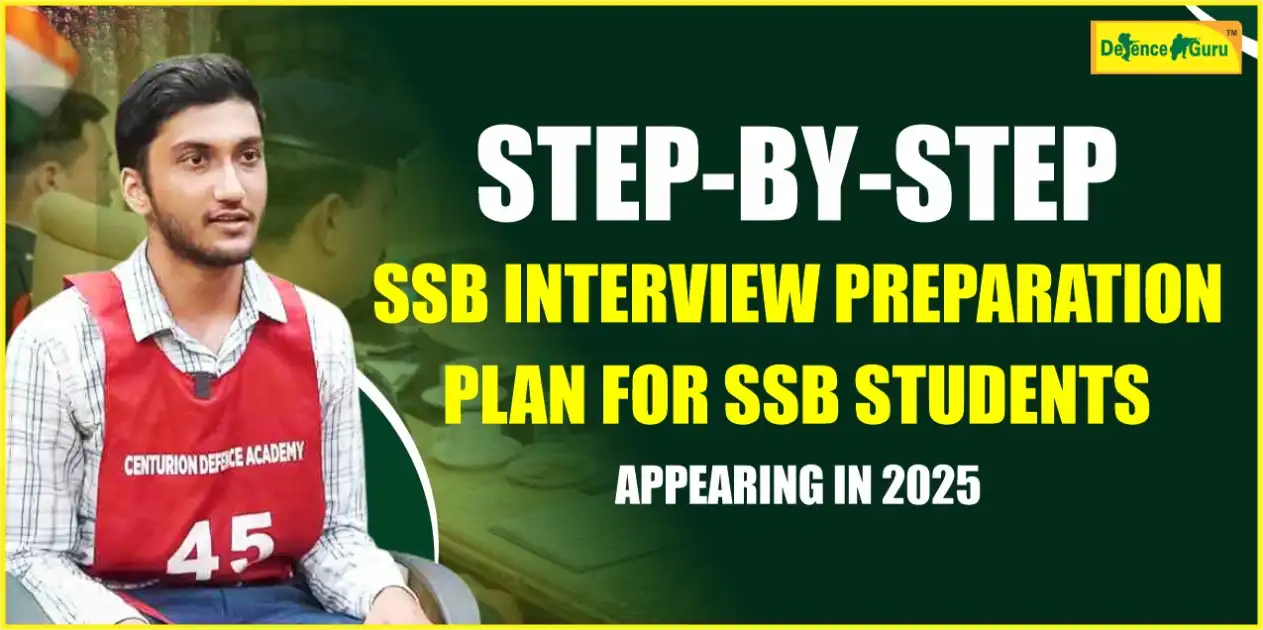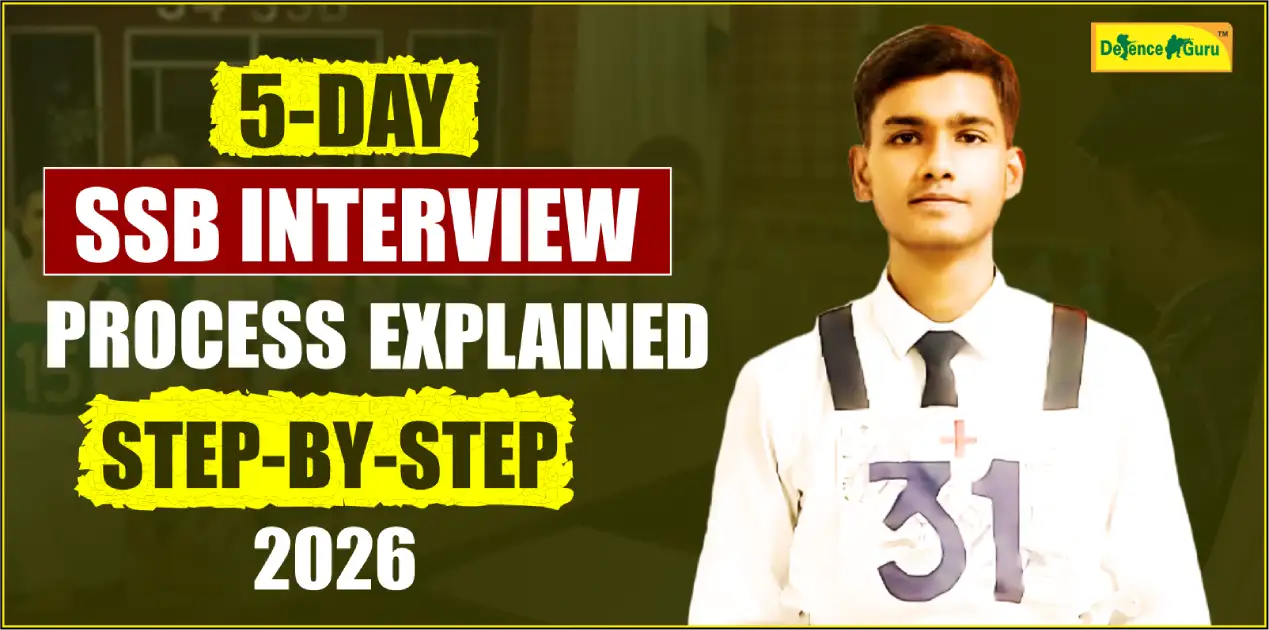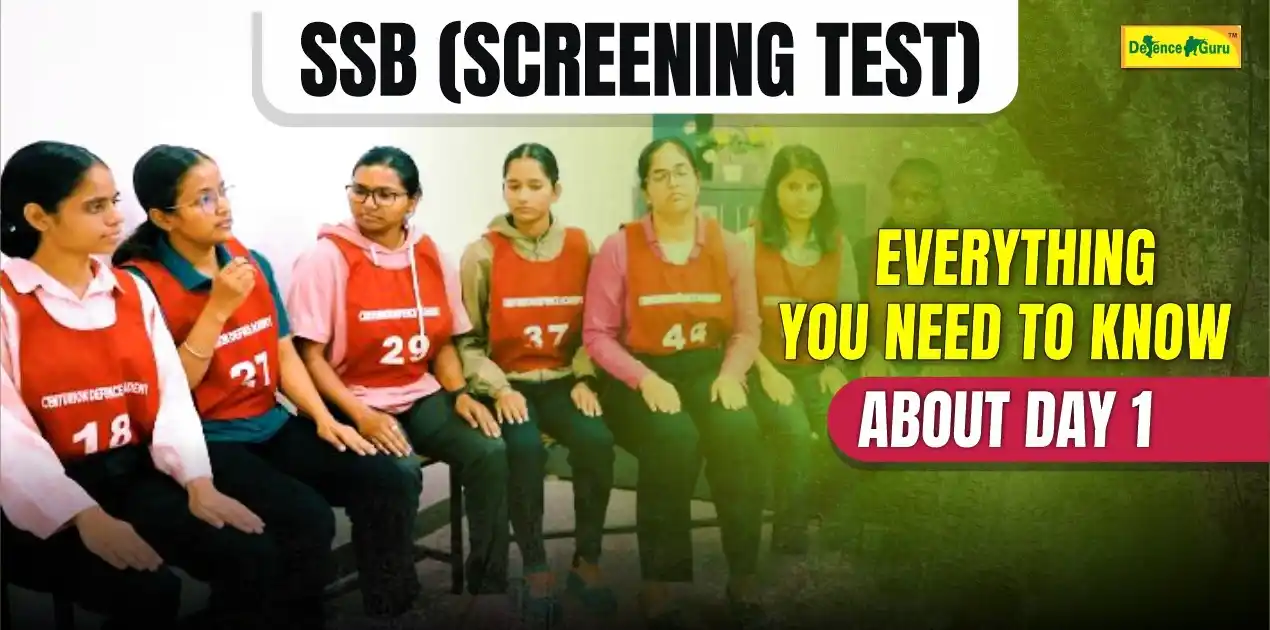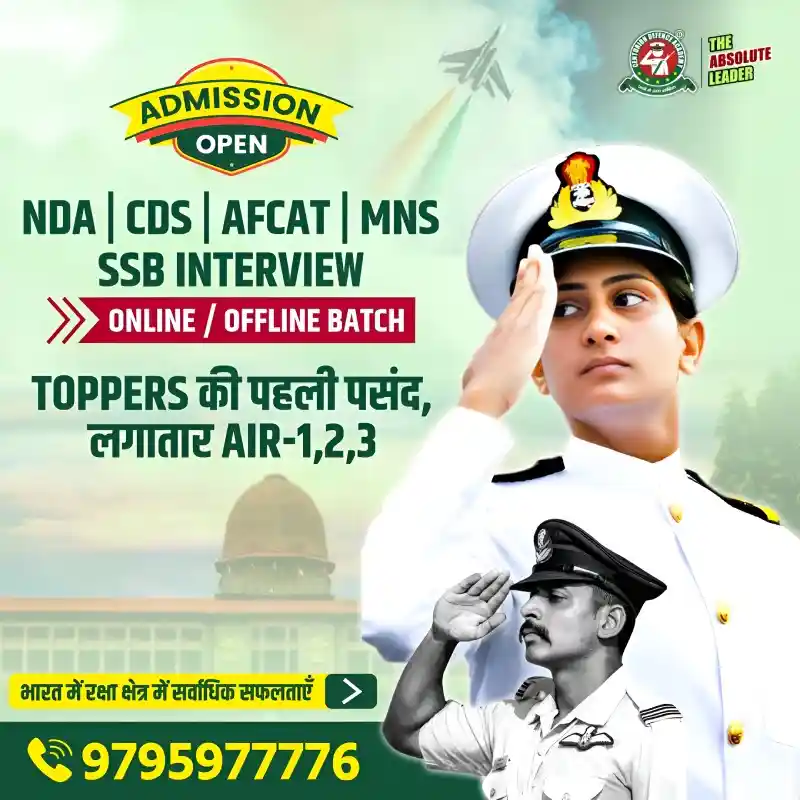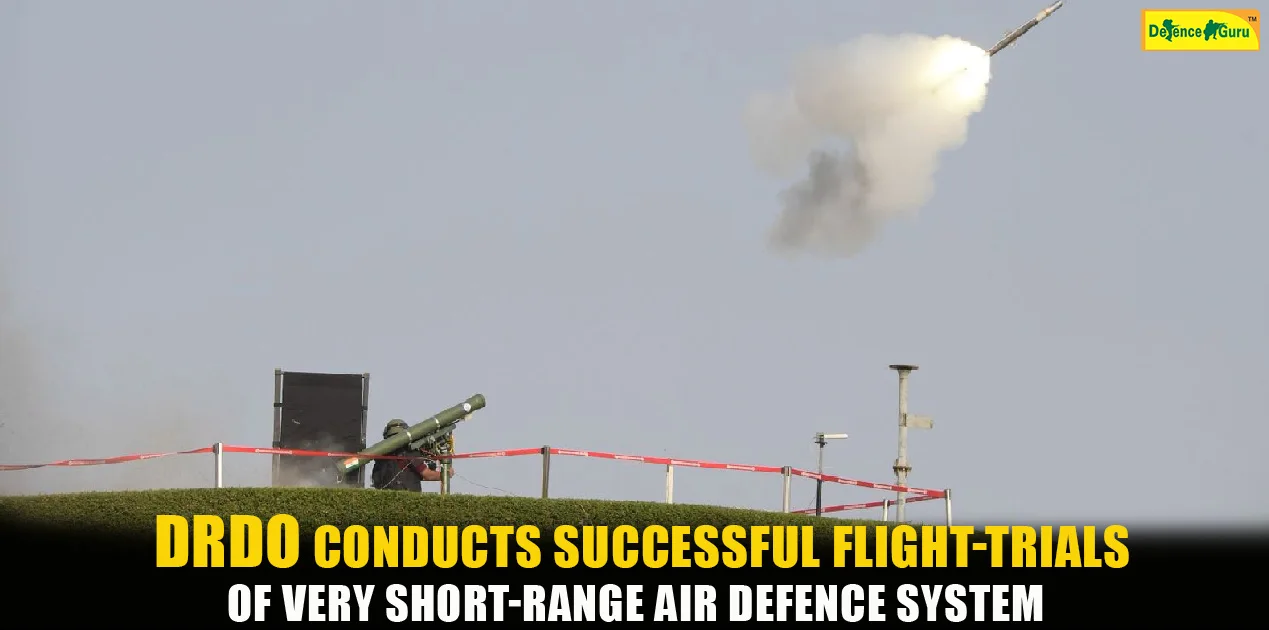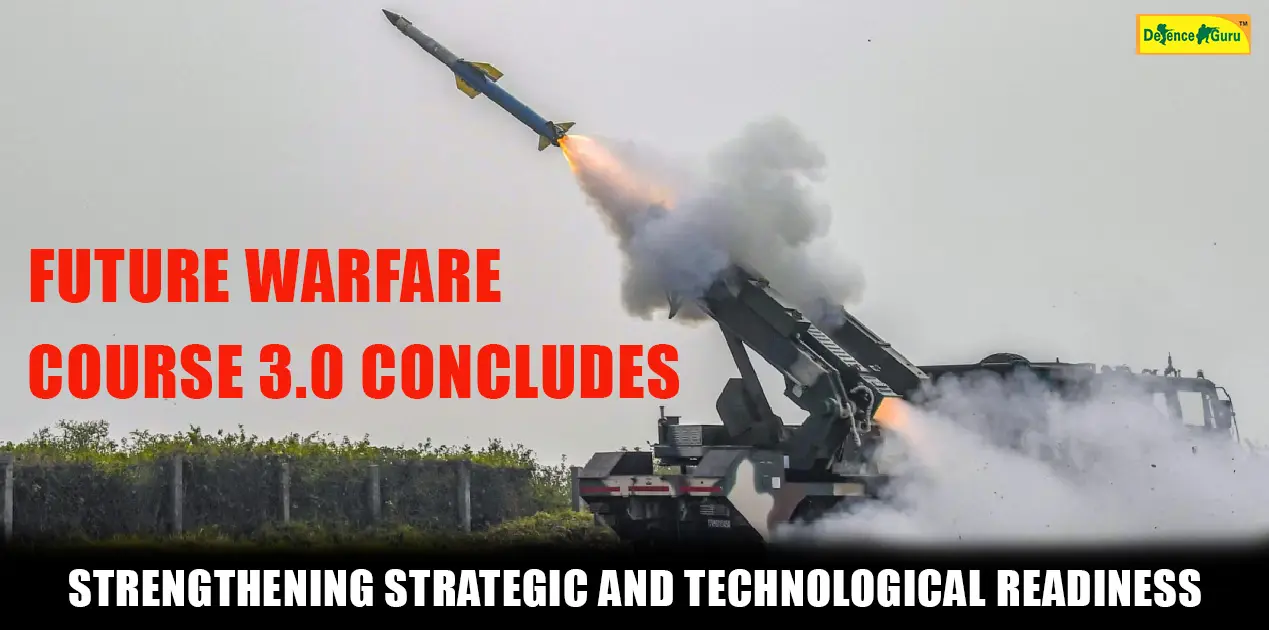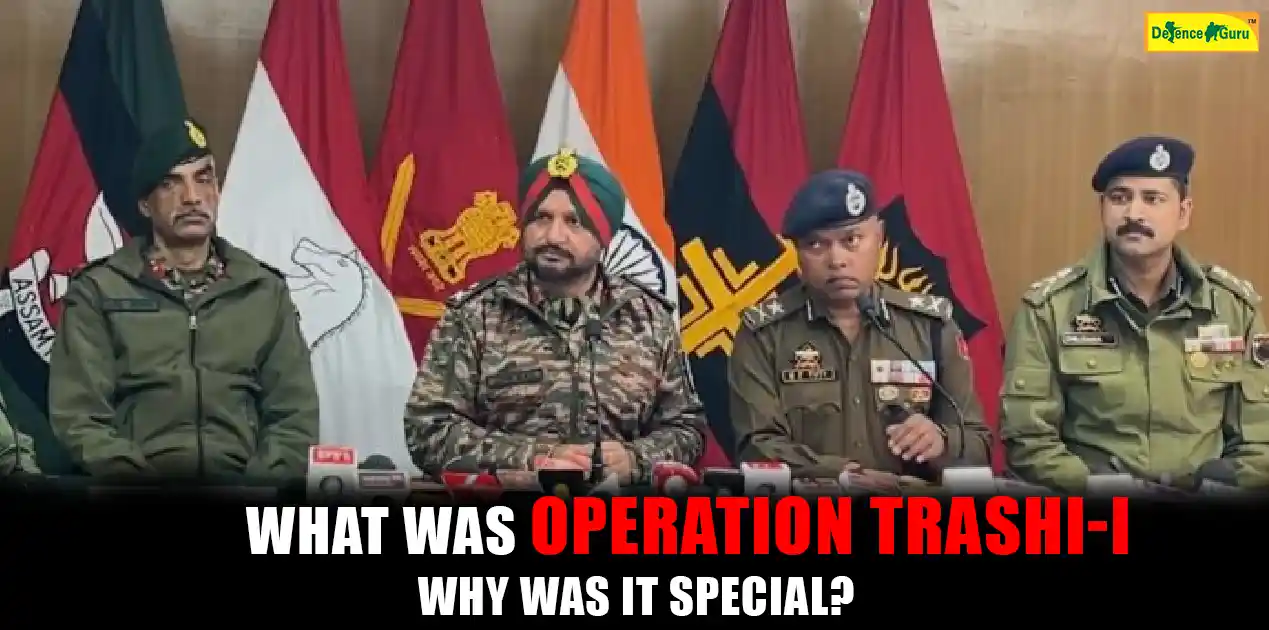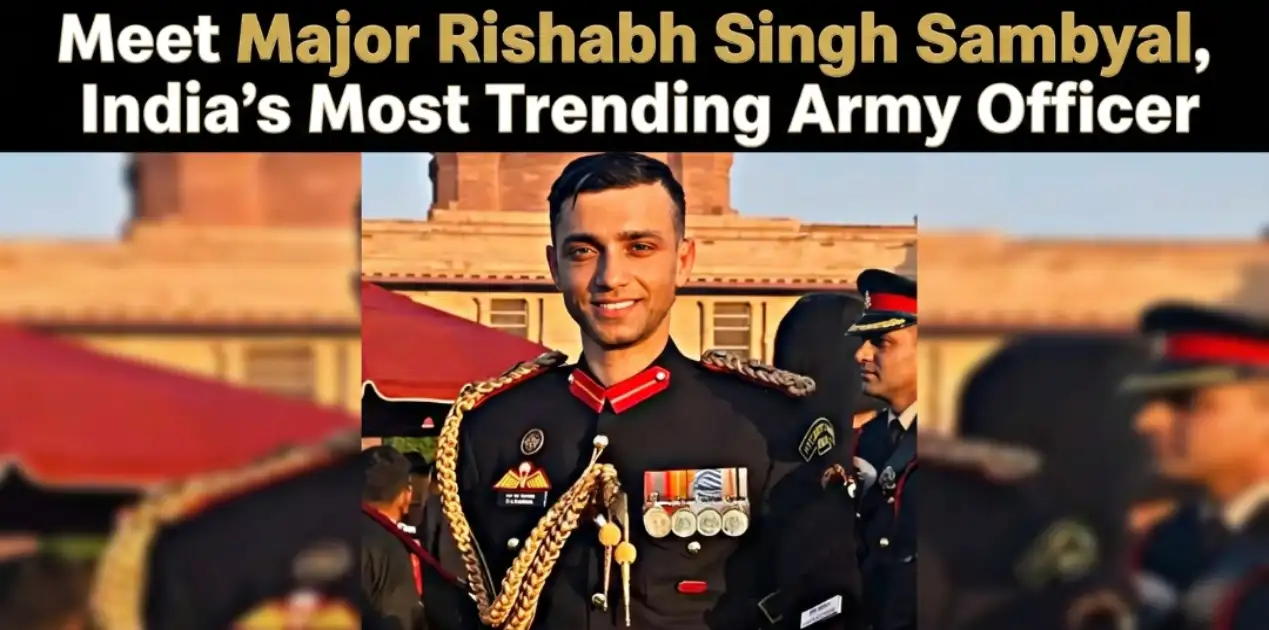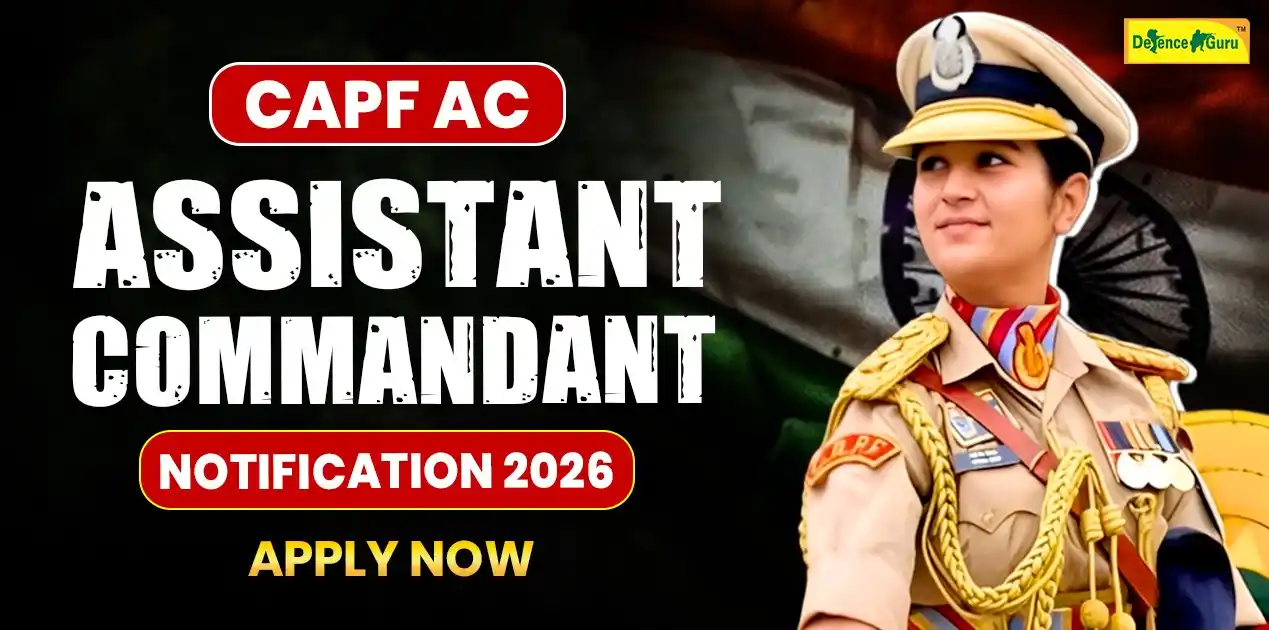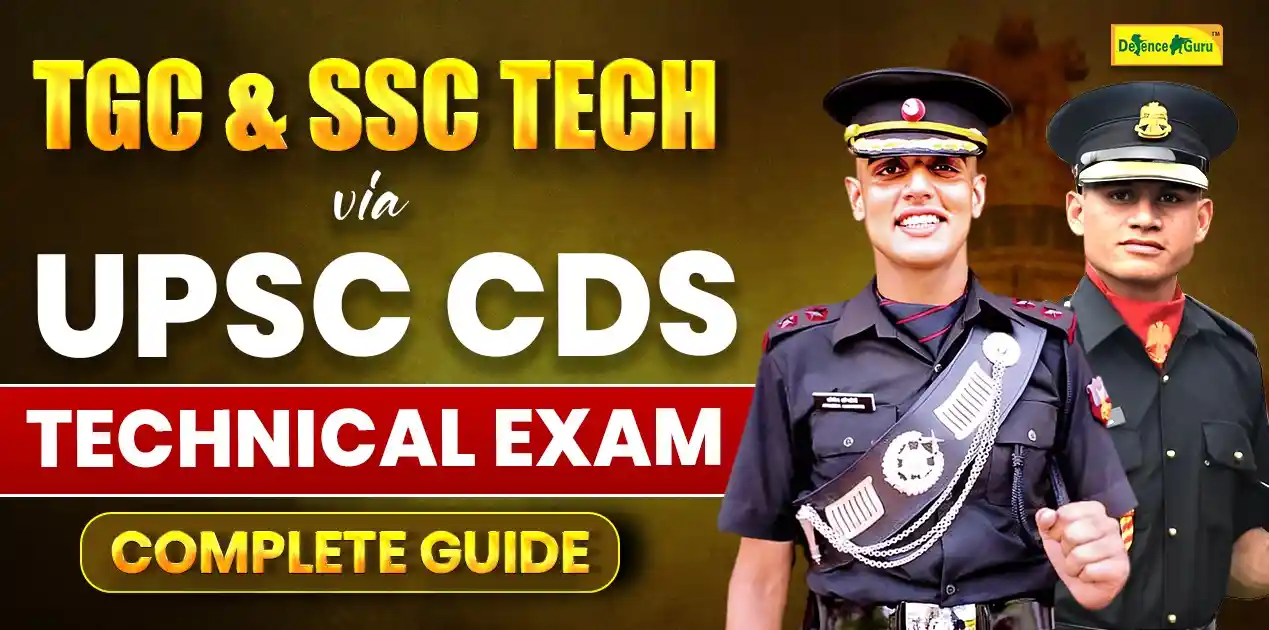Crack the SSB Interview with Smart Practice and Right Mindset
Well done on clearing your NDA-2 written exam. This is a great achievement and something to be proud of. Right now, it is completely normal for you to think about what the day looks like and experience different emotions, including excitement and nervousness, and honestly, this is okay. Take a deep breath, you have overcome the first of possibly the toughest part of your path to the uniform.
The next big important step is the SSB Interview. Remember, the SSB is not about how much information you know or how much about the armed forces. The SSB is in place to look more into the human being you are. The SSB is trying to test its candidate, personality characteristics, lead we call officer-like qualities, and potential that are the foundations of an armed forces officer.
So, if you are already curious about how to start the preparation for the SSB Interview after the NDA-2 2025 written result, you can relax; we have you covered. This simple, step-by-step process will help any NDA candidate get prepared for SSB, stay calm, and attend SSB with confidence.
Know the SSB Interview Process
The NDA-2 2025 result has been declared on 1st October 2025. Qualified candidates will be invited to the Services Selection Board (SSB) Interview.
The SSB is held at:
- Indian Army: SSB Allahabad, Bhopal, Bangalore, Kapurthala
- Indian Navy: NSB Coimbatore, Visakhapatnam
- Indian Air Force: AFSB Dehradun, Mysuru, Varanasi, Gandhinagar, Guwahati
The SSB Interview is a five-day affair, generically divided as follows:
Day 1 – Screening Test:
- Officer Intelligence Rating (OIR) Test
- Picture Perception and Discussion Test (PPDT)
Day 2 – Psychological Tests:
- Thematic Apperception Test (TAT)
- Word Association Test (WAT)
- Situation Reaction Test (SRT)
- Self-Description Test (SDT)
Day 3 & 4 – Group Testing Officer (GTO) Tasks:
Group Discussion, Group Planning Exercise, Outdoor Tasks, Command Tasks, Lecturette, etc.
Day 5 – Conference:
- Final board discussion and recommendation announcement.
Understanding this pattern prepares you for what you are about to face and how to prepare well for every step.
Start Your Preparation Early
Starting the SSB preparation after the result is the greatest mistake made by aspirants. The gap between the result announcement and your report date for SSB is generally just 3–4 weeks, which is not sufficient for thorough preparation.
Therefore, the intelligent thing to do is to begin preparing before the result.
Here's what you can do in advance:
- Develop your communication and confidence levels.
- Read current affairs and general knowledge.
- Practice writing stories and reactions to TAT, WAT, and SRT.
- Keep your fitness routine healthy, running, push-ups, and general stamina exercises.
Keep this in mind: SSB is not a test of knowledge; it's an assessment to test your personality. Begin early so you have enough time to grow naturally.
Collect and Organize Your Documents
Make sure your documents are complete and well-organised before you go for SSB. You will have to carry:
- Original and photocopies of 10th & 12th mark sheets
- NDA-2 2025 Admit Card and Result Copy
- SSB Call Letter (downloaded from the official portal)
- Valid Photo ID Proof (Aadhaar, PAN, etc.)
- Passport-size photographs
- Risk certificate and undertaking forms (as per SSB instructions)
Keep them in a neat order in a folder. Good organisation indicates responsibility, one of the officer-like qualities the board searches for.
Understand What SSB Really Tests – The OLQs
The SSB does not examine your book smarts. It determines if you possess Officer-Like Qualities (OLQs) - the qualities that characterize leadership, teamwork, and responsibility.
The 15 OLQs fall under four headings:
- Planning & Organizing: Reasoning, sound intelligence, ability to organize.
- Social Adjustment: Cooperation, flexibility, responsibility.
- Social Effectiveness: Confidence, initiative, power of influence, liveliness.
- Dynamic Qualities: Determination, courage, endurance.
Your preparation should be towards nurturing these qualities naturally through your thought, communication, and behaviour, not through memorisation of theory.
Prepare for Stage 1 – The Screening Test
OIR Test (Officer Intelligence Rating)
This test tests your reasoning power and logical skills. Practice regularly for:
- Series completion
- Coding-decoding
- Direction sense
- Arithmetic problems
- Blood relations and analogies
Speed and accuracy are important here. You can get plenty of online practice sets to become familiar with the question pattern.
PPDT (Picture Perception and Discussion Test)
This segment evaluates your observation, imagination, and communication.
- Look at the picture carefully and note down the characters, mood, and situation.
- Write a brief logical story with a good ending.
- In discussion, speak confidently, listen to others, and remain cooperative.
It's not being the loudest that matters; it's being clear, logical, and a good team player.
Master Stage 2 – Psychological Tests
These tests show you think, react, and decide. Your responses should reflect a positive, mature, and leadership quality.
1. Thematic Apperception Test (TAT)
- You'll be presented with 12 drawings and asked to tell a story for each.
- Your hero must demonstrate initiative, problem-solving, and teamwork.
- Make your stories realistic and positive.
2. Word Association Test (WAT)
- You'll be presented with 60 words, one at a time. Write the first sentence that occurs to you.
- Maintain positive and action-oriented sentences.
- Example: "Fear" → "Courage aids in overcoming fear."
3. Situation Reaction Test (SRT)
- You will have 60 situations. Write prompt, practical, and responsible responses.
- Example: "You notice a fire in a building near you." → "I warn people and assist in calling the fire department."
4. Self-Description Test (SDT)
- You will write about how your parents, teachers, friends, etc., think about you — and also how you think about yourself.
- Be truthful but emphasise your strengths and areas you're working on.
Practice these tests daily so that you enhance your clarity and speed.
Prepare for Stage 3 – GTO Tasks
The Group Testing Officer (GTO) tasks test how well you work as a team member and as a leader. These are:
- Group Discussion (GD)
- Group Planning Exercise (GPE)
- Progressive Group Task (PGT)
- Half Group Task (HGT)
- Command Task (CT)
- Individual Obstacles
- Lecturette
How to Do Well:
- Take charge but don't dominate.
- Be a team player and a motivator of others.
- Keep yourself physically fit. General physical fitness aids in outdoor activities.
- Read current affairs daily so that you can talk confidently in GDs and Lecturettes.
GTO activities are more related to team spirit, reasoning ability, and communication rather than physical strength.
Crack the Personal Interview
The Personal Interview (PI) is your opportunity to present your true self. The Interviewing Officer (IO) will evaluate your personality, integrity, and motivation.
Common Topics and Questions:
- Tell me about yourself and your family.
- Why would you like to become a member of the Armed Forces?
- What are your strengths and what are your weaknesses?
- What do you do for enjoyment?
- Tell me about your school, accomplishments, and your friends.
- What is your view on contemporary national or defence matters?
Tips for the Interview:
- Be honest, don’t try to make heroic stories.
- Have all information regarding your PIQ (Personal Information Questionnaire) form.
- Read up on defence topics, ranks, and recent military events.
- Maintain calmness, smile naturally, and stay polite throughout.
The IO values honesty and clarity more than perfection.
Stay Physically and Mentally Fit
The SSB process is long and can be tiring. Keeping your body and mind in shape is key to performing consistently.
Include these in your daily routine:
- Running (2–3 km) for stamina.
- Push-ups, pull-ups, and sit-ups for strength.
- Yoga or meditation for concentration and mental relaxation.
Balanced fitness, besides assisting in GTO activities, increases your confidence level and energy.
Draw Inferences from Feedback and Observation
In the process of preparation, watch others, learn from practice sessions, and identify areas where you can make improvements. Watch tutorial videos, defend blogs, or exchange experiences with previous candidates.
Self-assessment and steady improvement make a huge difference in SSB success.
Avoid These Common Mistakes
- Trying to act like someone else: The board values originality.
- Being overconfident or dominating: Stay balanced and humble.
- Neglecting fitness or communication skills: Both matter equally.
- Ignoring current affairs: Defence awareness is a must.
- Cracking jokes or casual attitude: Maintain respect and discipline throughout.
Small things, like greeting officers confidently or keeping your surroundings tidy, also reflect your personality.
Preparation Before Departure to SSB
Just before you depart for the SSB center, ensure you have done the following:
- Organised your documents in a neat folder.
- Carried formal attire, sports shoes, and personal items.
- Rehearsed self-presentation and lecturette subjects.
- Had a revision of your personal details, academics, and hobbies.
Prepared mentally to remain calm, optimistic, and cooperative.
Read more:
SSB Screening Test: Everything You Need to Know About Day 1
How to Build Officer Like Qualities in Daily Life- Tips from Experts

